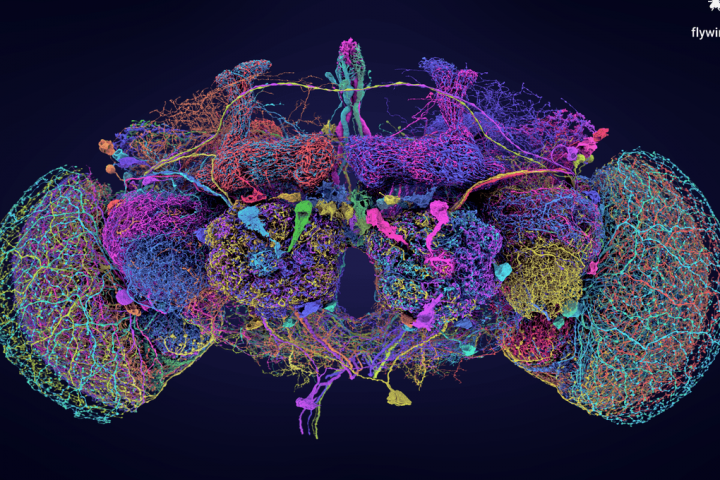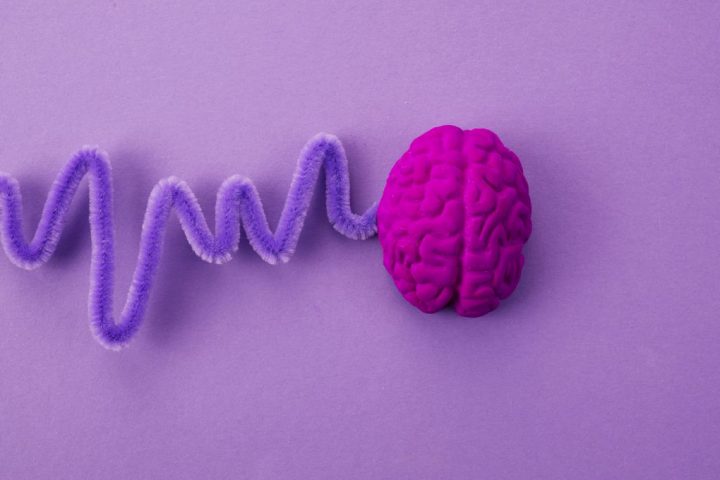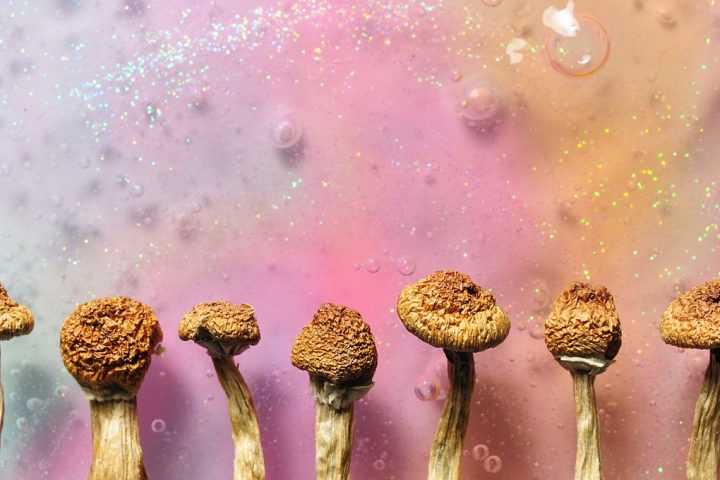Did you know that our bodies naturally produce chemicals similar to THC and CBD, the compounds found in cannabis? These chemicals, known as endocannabinoids, were only discovered in 1992 and are still not fully understood by scientists. However, there is growing evidence that they play a significant role in various bodily functions, including learning, memory, pain control, and immune responses.
But it’s not just humans who produce endocannabinoids. Scientists believe that all vertebrate species, including us, have been producing these compounds for millions of years, long before the emergence of cannabinoids from the cannabis plant.
In a recent study, researchers at Northwestern University found that stressed-out mice release endocannabinoids in the amygdala, the brain’s emotional hub. These compounds then help dampen the stress signals coming from the hippocampus, a region of the brain associated with memory and emotion.

To prove their point, the scientists conducted an experiment where they “switched off” the cannabinoid receptors in the mice’s brains. This resulted in a reduced ability for the mice to cope with stress. They showed a decreased preference for their sugary liquid treat, which is often seen in people with stress-related disorders.
While this phenomenon has only been observed in mice so far, the researchers believe it is likely to apply to humans as well. If that’s the case, it could open up new possibilities for treating stress-related psychiatric disorders.
“Understanding how the brain adapts to stress at the molecular, cellular, and circuit level could provide critical insight into mood disorders and may reveal novel therapeutic targets,” said Sachin Patel, the corresponding study author and a psychiatrist at Northwestern Medicine.
Patel also mentioned ongoing clinical trials in this area that may provide answers to whether increasing levels of endogenous cannabinoids can be used as potential therapeutics for stress-related disorders.
The study has been published in the journal Cell Reports.








